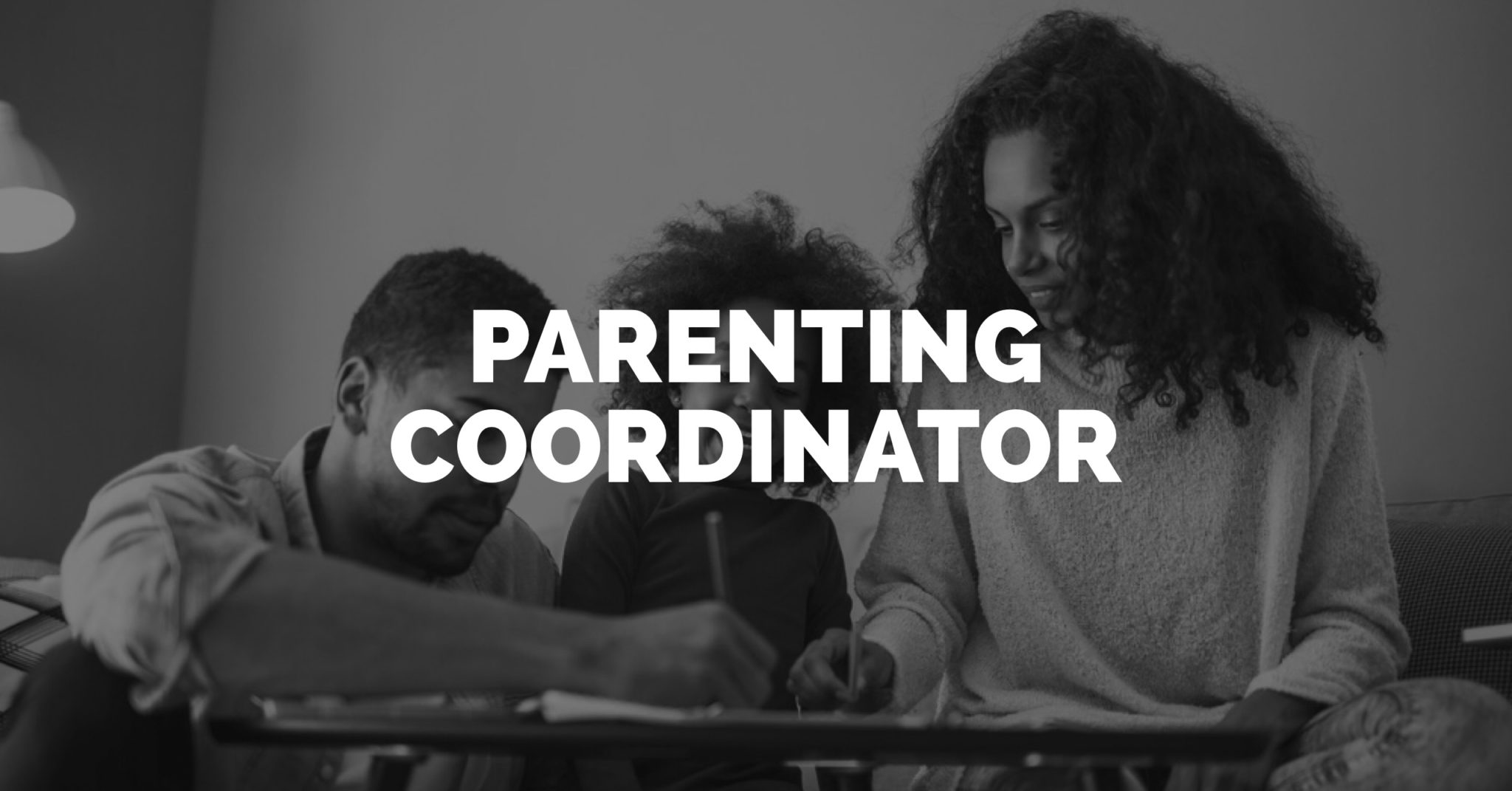
What Is a Parenting Coordinator?
When a Florida couple is going through a divorce full of tension and conflict, choosing an alternative dispute resolution designed to de-escalate differences can prove invaluable. This is especially true when children are involved.
To help parents facilitate and resolve high-tension disputes related to parenting and children, Florida parents may request a parenting coordinator or it may be ordered by the court.
What Is a Parenting Coordinator?
A parenting coordinator can be appoint via a motion by either parent, by both parents jointly or by a motion from the court itself. The parenting coordinator serves an impartial third party who is tasked with helping parents navigate the difficulties of establishing and implementing a parenting plan that is in the best interests of the child.
Since a parenting coordinator is appointed when the divorce is conflicted and high in stress, the coordinator must have qualifications that demonstrate they are capable of helping parents resolve their differences. Florida law requires that a parenting coordinator must meet at least one of the following requirements to serve as a a parenting coordinator:
- Licensed mental health professional
- Licensed physician who is certified in either neurology or psychiatry
- Certified family law mediator by the Florida Bar
- Be a member of good standing with the Florida Bar
Additionally, coordinators must have at least three years of practice experience and complete a Florida Bar family mediation training program. Finally, the coordinator must also complete 24 hours of training on common issues that arise between parents during parenting coordination.
These qualifications are clearly laid out in Section 61.125 of The 2017 Florida Statutes, and the qualifications themselves underscore the broader purpose of the coordinator.
Goals of Parenting Coordination
The overall goal of a parenting coordinator and parenting coordination is to ensure that high conflict, stressful divorces can be resolved without harming either parent’s relationship with their children or outright harming the children. More precisely, the coordinator will help establish and implement a parenting plan that both parents find agreeable.
Once such a plan is in place, the coordinator will then be tasked with monitoring whether the parents comply with the plan. Broadly speaking, the parenting coordination process is as concerned with the mental health of the parents and children as it is with arriving at a legal outcome.
Children should be protected from the psychological and social harms associated with severe parental conflicts, and parenting coordination is designed to ensure children receive this protection.
If you believe your divorce could benefit from parenting coordination or have questions about the court’s appointment of a parenting coordinator, contact The McKinney Law group for a legal consultation.

Tampa Divorce Lawyer
If you have questions regarding Tampa family law, or are unaware as to the terms and conditions in, talk to, and retain, a family law attorney who can help. Contact Damien McKinney of The McKinney Law Group to discuss your case further. He can be reached by phone at 813-428-3400 or by e-mail at [email protected]
